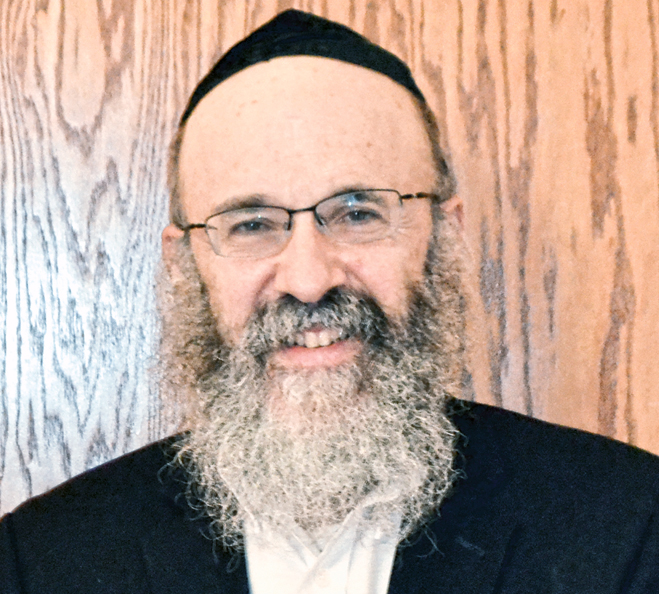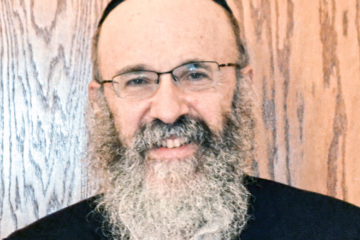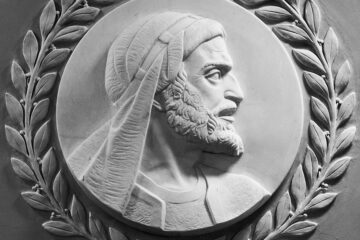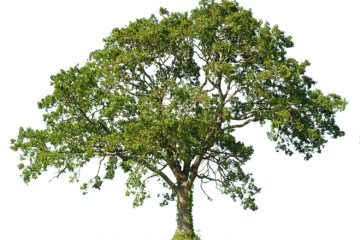The necessity of community

By Rabbi Shmuel Klatzkin, Chabad of Greater Dayton
Kentucky native Wendell Berry writes of the genius of the life of the community. He grounded his novels, poems, and essays in the values of the farming community into which he was born.
In an essay written more than three decades ago, he reflected on the ever-deepening divide in American life between those who seek a larger and more powerful government and those who seek with equal fervor the freedom of individuals to pursue their own happiness. Berry writes:
“The indispensable form that can intervene between public and private interests is that of community. The concerns of public and private, republic and citizen, necessary as they are, are not adequate for the shaping of human life. Community alone, as principle and as fact, can raise the standards of local health (ecological, economic, social, and spiritual) without which the other two interests will destroy each other.”
The conflict between the public and the private is not new. We Jews have reflected on it since Genesis. Our Torah begins by telling us of how the entirety of the universe is called into being by Elokim — a name that means judge. The magnificent orderliness of the cosmos that unfolds in Genesis suggests that we model our own authority similarly in top-down fashion, the king on earth like the King On High.
Yet in this very story, the Torah tells us that the single human being was created betselem Elokim, in the image of that very Judge who created all. This one sentence reinvests a single individual with an importance that is divine and beyond the right of others to dismiss. Since Adam is the parent of us all, our dignity is based in truth, and is not borrowed from other humans.
When in the Book of Exodus, God gives us the Torah at Sinai, we are addressed individually. “I am the Lord thy God” uses the singular form, thy, rather than the plural your God. This tells us that the Torah was given to us as individuals.
Yet when we look into our prayer book, the siddur whose basic form has been with us for over two millennia, we find that our prayers are voiced almost entirely in the plural. We know that we stand together as a people before God.
This stark polarity was addressed directly by the sage Hillel in his famous teaching: “If I am not for myself, then who will be for me? But if I am for myself only, then what am I?”
Each question grasps a necessary truth. To be entirely public leaves a hole where a person should be. We are put in this world because our private and individual knowledge is indispensable. No one else can advocate for what I have come to know personally and immediately, the truth of my life. I must be for myself, and cherish my liberty.
Yet if the result of my liberty is not my offering, my unique and irreplaceable contribution, then what have I made of myself? Personal liberty detached from a larger accountability is devoid of context and absent of meaning. Why should anyone care about anything without care?
Hillel was immensely humane in his approach. He was not rubbing our faces in an impossible dilemma, but showing rather how the life of the community that he lived for and taught points out a middle path that requires both our liberty and our responsibility to each other. In the light of our life as a community, both become necessary. They are complements, engagement in balancing and enhancing each other.
Hillel is perhaps most famous for his patient answer to a prospective convert who rather disrespectfully asked for the quick version of Judaism. Hillel was not put off, but summed things up by saying, “Don’t do to others what you hate having done to you.” That is a rephrasing of the mitzvah (commandment) to love, which is enough work for a whole lifetime (as Hillel implies in the continuation of his answer to the convert, “Now go and learn”).
Love cannot be the result of a merely private life, though love needs privacy. Love cannot result either from a merely public life, in which power is attained by breaking away from the private cares and obligations that by nature set limits on the accumulation of power.
Love is at the core of our community. It is what keeps our Jewish life alive in an age when we are no longer held by a coercive community from within or from without. It has ever been what kept us from taking the easier course of simply relenting to the demands of power or of selfishness.
Our community with love at the center models what actually works. Though we quarrel and we kvetch, we realize we need both our freedom and our dedication to each other to make things work.
We can differ with each other without losing the bonds of affection that enable us each to benefit from each other’s intelligence, love, and dedication.
When the foundations of democracy tremble, when it seems that we have lost any sense of citizenship beyond narrow partisan interest, we have something at work in our Jewish life that sheds light on the great issues of the day and shows a way forward. It is the path of sane hope, a model tested by the worst the world can throw up against it.
Deepen each day your commitment to our Jewish community. You’ll be a living example to the world of the kind of community that everyone needs.
To read the complete January 2022 Dayton Jewish Observer, click here.




